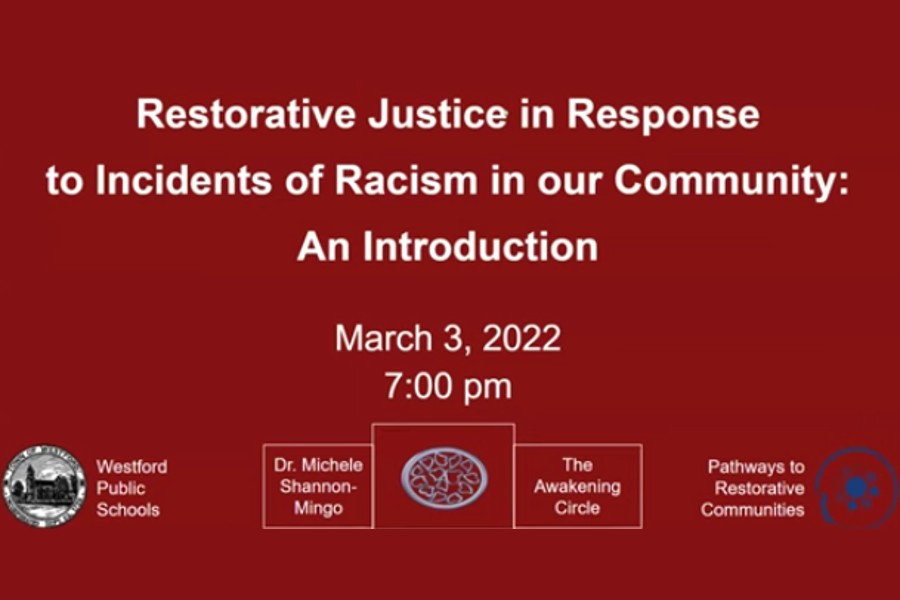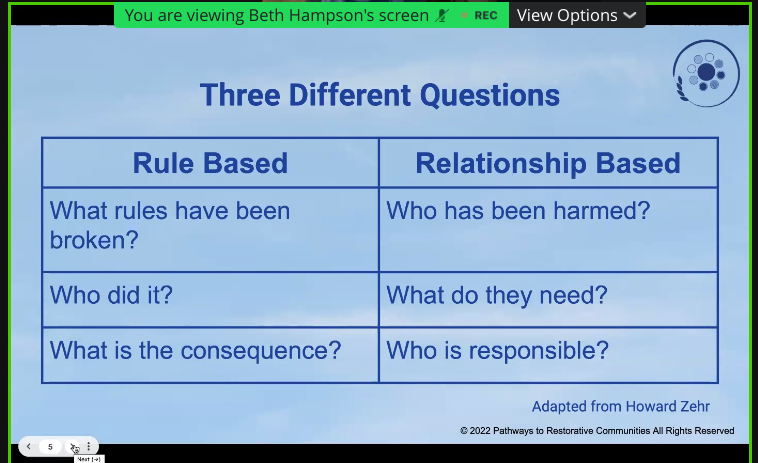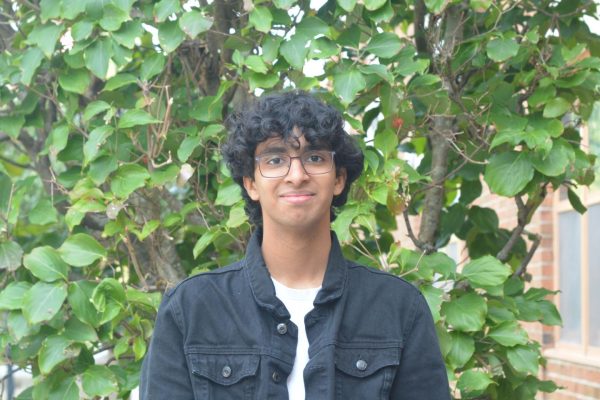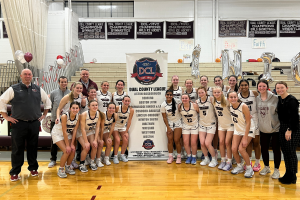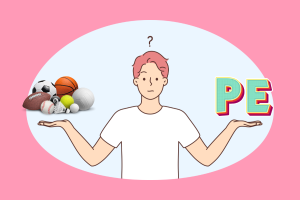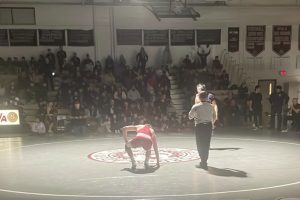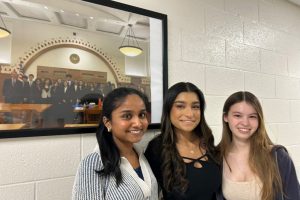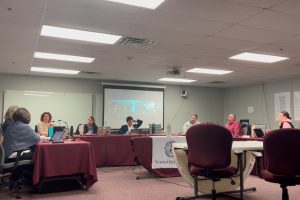Key ideas from WPS Restorative Justice Seminar
from slideshow shared by Chris Sanders
The WPS community will strive to make changes on the way racism is handled in schools.
March 7, 2022
WPS held a town-wide restorative justice-centered seminar on March 3 following the Jan. 28 incident at a WA girls basketball game, where racist comments were directed at a Black player on the opposing team.
WPS Superintendent Christopher Chew started the seminar with a recollection of the events that took place at the Jan. 28 game and a more recent incident involving a WA teacher’s mocking comment towards the Asian community, which was made online over February break. Pertaining to this new incident, Chew pointed out that making people understand the harm behind their comments is an important step to do to prevent racism.
The seminar was held online and can be found in full here. Here are some important takeaways discussed.
I. Unconscious bias
Michele Shannon-Mingo, who has led discussions with students following the Jan. 28 game, introduced the concept of unconscious bias. She explained that having students come up to her and talk after what happened at the basketball game was eye-opening and painful, due to the past experiences students have had with racism coming from their peers and adults. However, Shannon-Mingo believes that this can be fixed. She pointed out that the concept of “chirping,” or saying something offensive or uncomfortable to fit in with others who may be partaking in such behavior, has become popular with sports games.
Shannon-Mingo also acknowledged the different backgrounds the Westford community members come from. She realizes that everyone has different experiences due to the way people grew up and things people learned when they were young, and that this will cause harm.
“I’m not into calling people racist. I think that people have a lot of unconscious bias. […] The young people who were chirping in the stands were not operating from a place of hate,” Shannon-Mingo said. “They were operating from a place of adolescence, […] poor judgment, and poor sportsmanship.”
Shannon-Mingo called on the Westford community to understand and be aware of their own bias before labeling others and labeled this seminar the “first of many” to mitigate and reduce the effects of racism on the Westford and WPS communities.
“We need to choose love and unity over hate and division,” Shannon-Mingo said.
II. Restorative justice
Candace Julyan, a representative from Pathways to Restorative Justice (P2RC), also joined the seminar to explain the idea of restorative justice. P2RC is a local organization that partners with communities and school districts as well as provides training and consulting on restorative practices.
Julyan started her segment with an introduction about harm. She asked participants about how they felt when they had been harmed and how they dealt with it. She also turned the question around to ask how people felt when they were the one doing harm, and how they dealt with it then.
“The way to get through these difficult feelings is not punishment,” Julyan said, introducing the concept of a relationship-based system, a system where fixing broken relationships are prioritized, rather than punishing people who break rules.
In a rule-based system, the questions “what rules have been broken?”, “who did it?”, and “what is the consequence?” are asked, while in a relationship-based system, the questions are “who had been harmed?”, “what do they need?”, and “who is responsible?”.
Rule-based systems lead to punitive discipline, where punishments are doled based on who did what wrong. Relationship-based systems are centered around listening, being curious, and having learning opportunities.
In a school, restorative practices such as conferences and community-building circles can lead to the prevention of issues and build new skills in students.
III. Community-building circles
Lastly, Julyan also proposed the idea of community-building circles, where one person talks at a time and everybody else listens. Every participant can have equal chances of speaking and the opportunity to listen to others.
These circles can create safe spaces for everybody to engage in and help people develop connections with others.
“One of the things I really enjoy about circles is that people start feeling like they belong,” Julyan said.
Additionally, circles can help talk about serious conversations, especially in Westford’s case of racial conversations.
There will be a community-building circle for Westford community members on March 10 from 6 p.m to 7 p.m. Participants may register using this link. There is a cap on the number of attendees, as smaller groups work better for circles. However, there will be more held in the coming weeks so everyone who wants to can attend, according to school committee member Chris Sanders.
Sanders closed off the seminar by saying that the Wayland community is similar to Westford’s in that the Jan. 28 game had an impact on both towns in different ways. Wayland will have their own community discussions about racism, as educating everyone in both affected communities is needed to prevent the spread of racism.
“It’s important that everybody is listening and everybody is growing and understanding these thoughts and issues that are being raised. […] This is a conversation that has to keep on going,” Sanders said.

